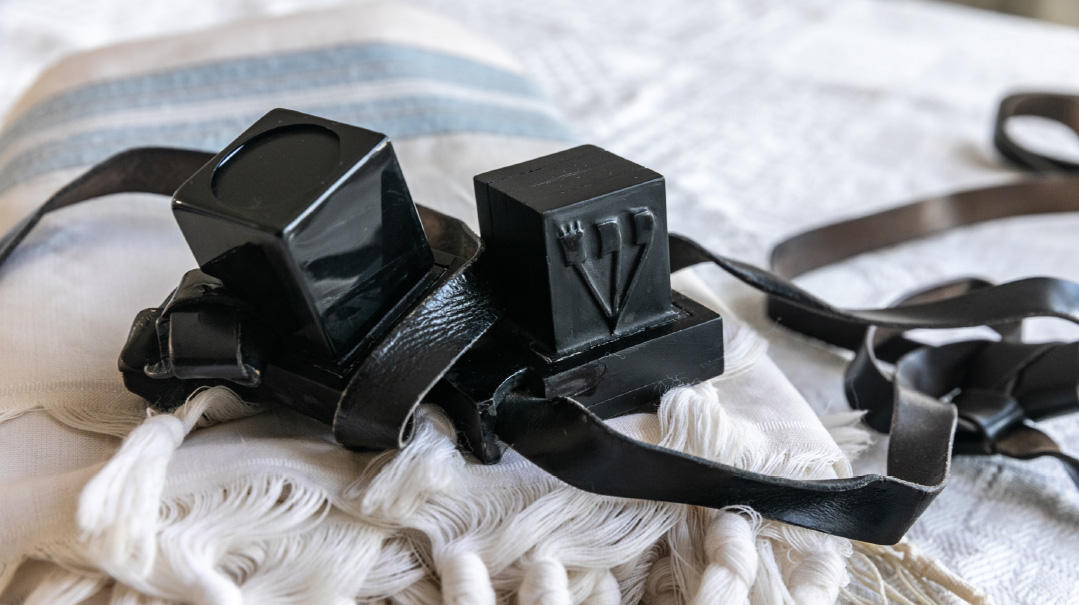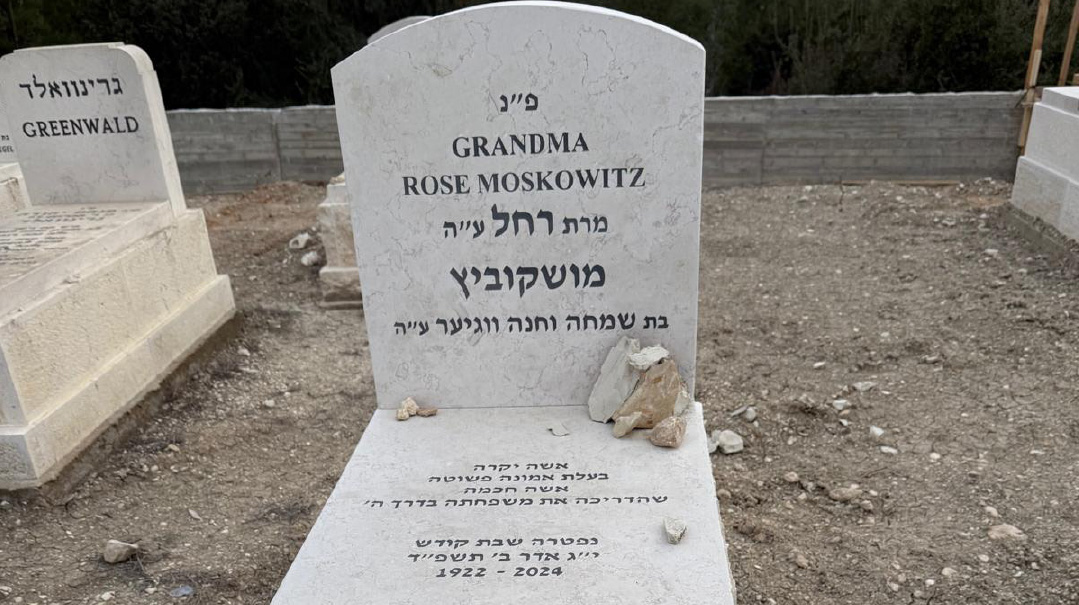A Lesson in Prayer on the Farm
| October 14, 2020Waiting can be a privilege. Sometimes, it is a privilege so obvious, nobody needs to be told

As you reach adulthood, the charm of Chol Hamoed trips wears off. Long trips in cramped cars and sticky little fingers finding the suit pants you forgot to change out of. Babies cry, kids get lost, and “Mommy, I hate this place, it’s sooo boring.”
Something for everyone.
But it is also written: “Go West, young man.”
Or in whichever direction you find the nearest goats needing feeding or petting.
And so I found myself on a farm an hour and fifteen from my bed. To be honest, it wasn’t terrible. The weather was mild, and the operators had placed benches at every activity spot. A place for the older folk to sit is the most important element of Chol Hamoed trips, my mother told me. She is a wise woman and has never said anything wiser. There is a reason the entire city goes to a spot over an hour away, and I’m convinced the benches are it.
We wound around the farm, got corn stuck in our shoes, and posed for hundreds of the cutest pictures ever. The finish line became close enough to touch, and in time-honored tradition, we Chol Hamoed trip goers came to realize that the Minchah moment had arrived. A WhatsApp chat was quickly made, and after intense negotiations, we decided on 4:30 behind the tent. No, not that one — yes, the one next to the hayride, right in front of the corn maze.
We all congregated there in a timely fashion (did you ever notice no one is ever late to these minyanim?) and found a bar mitzvah boy to lead us. (He was the only one with a proper hat.) And Ashrei began.
And then up ahead, a man approached, attired in the clothing of a talmid chacham. Judging by the look of purity on his face, he had earned the right to wear it. He was a relatively young man and had been struck by a debilitating muscle disease in the prime of life.
“Only in his fifties,” someone behind me murmured, as we watched his torturous walk toward our gathering, supported on either side by his wife and daughter and leaning heavily on his walker.
This decision needed no negotiation, no conference. Ashrei stopped. Minchah would start upon his arrival and not one second before. Waiting can be a privilege. Sometimes, it is a privilege so obvious, nobody needs to be told.
With a few feet left, his family let go and he completed the trek under his own power. The Yid smiled at us in appreciation and a sweet boyish voice launched into Tehillas.
As the stillness of Shemoneh Esreh descended and the baseball caps and hoodies started swaying, something told me to stop and peek up ahead. He was struggling to close his kapote. One hand pushing on the walker so hard that the ground beneath would likely never forget, and the other determinedly threading the button through its slit. I sighed in relief as the job was done. And then I blanched. A gartel had emerged from his pocket.
He was preparing to talk to Him. His frock would be closed and a gartel would be around his waist. Then, and only then, would he begin to daven.
To Him.
I felt futilely for my button, but my sweatshirt had only a zipper. And so, for my own preparation, I just stared. He dragged his pain-racked body three steps back and moved forward to greet the only One Who really understood. Bowing and rising, and then connecting his soul with his Father. It seemed in those moments like his hands eased off the metal bars. He was supported now by something entirely different, by something only accessible through years of toil in Torah and dveikus baHashem. A frail body, but a neshamah bursting with unconstrained power.
When he talks, He listens.
And He holds.
I had an urge to swing around to the front, to watch his face. But it felt like an intrusion, a place where I didn’t belong. Meetings such as these are private, only available to those who have worked years to earn an invitation.
“V’ra’isa es achorai, u’fanai lo yeira’u.”
Amid bleating goats, cornfields, and shrieking children, I saw.
From the back, because I have not yet reached a place where I can look from the front.
But seeing from behind is sometimes enough. It gives you a path, a map, and a goal. It makes Shaar Habitachon real, Shaar Avodas Hashem current, and Shaar Hayichud attainable, one day.
We saw from the back.
We were ready to daven now. To daven that we continue to inch our way forward. Until the day comes when we find our own places up front.
Shloimy Hoffman writes and manages web content for a rehab company. He lives in Lakewood, New Jersey.
(Originally featured in Mishpacha, Issue 831)
Oops! We could not locate your form.












